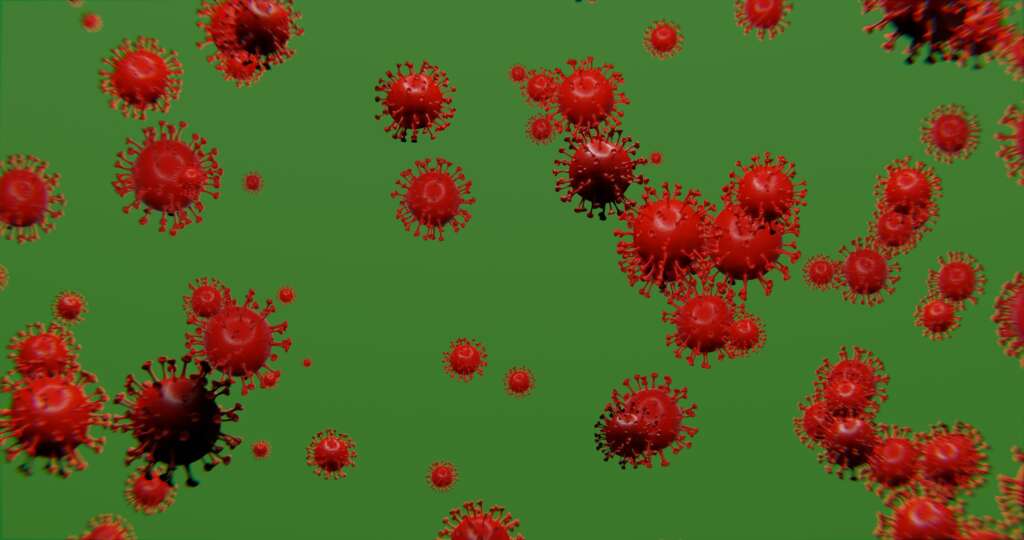Major Depressive Disorder (MDD) is a debilitating mental health condition that affects millions of individuals worldwide. Recent research has shed light on the role of proinflammatory cytokines, specifically IL-1β and IL-6, in the neuroinflammatory response and their potential contribution to the etiology (i.e., cause of a disease) of MDD. This article explores the intricate relationship between these cytokines and MDD, with a particular focus on the gut microbiota’s role in modulating the inflammatory response and its implications for novel therapeutic approaches.
Proinflammatory Cytokines and MDD
The neuroinflammatory response involving proinflammatory cytokines IL-1β and IL-6 has been implicated in the development of MDD. Evidence suggests that increased levels of these cytokines may mediate harmful neurobehavioral and neuroendocrine responses to stress, leading to the onset of depressive symptoms. Notably, experiments with mice have shown that chronic stress or administration of IL-1β can induce depressive-like behaviors.
Gut Microbiota and Chronic Stress
Emerging research has highlighted the impact of chronic stress on the gut microbiota composition in mice. Chronic stress triggers alterations in the gut microbiome, leading to chronic low-grade inflammation. Notably, mice exposed to chronic stress exhibited an increased abundance of Lactobacillus spp, which may be linked to the elevated IL-1β levels observed in depression.
Gut Microbiota and MDD
Previous studies have reported differences in the composition of gut microbiota between healthy individuals and those suffering from MDD. This suggests a bidirectional relationship between the gut and the brain, with alterations in the microbiota potentially influencing behaviors and mood. The dysregulation of gut microbiota in MDD patients further implicates the microbiome in the pathophysiology of the disorder.
Anti-Inflammatory Agents and Gut Microbiota
Conversely, treatment with anti-inflammatory compounds like Minocycline has shown potential in altering the gut microbiota in mice, leading to anti-depressant effects. This finding underscores the complex interplay between the gut microbiome and mental health and offers potential avenues for developing new therapies for MDD.
The Gut-Brain Axis and Therapeutic Potential
The bidirectional relationship between the gut and the brain opens new possibilities for therapeutic interventions. Modulating the gut microbiota through targeted interventions or probiotics may serve as a novel approach for managing MDD and related mood disorders. For instance, fecal microbiota transplantation experiments in mice have shown how the microbiota from MDD patients can induce depressive-like behaviors, highlighting the therapeutic potential of manipulating gut microbes.
The growing body of evidence linking proinflammatory cytokines, gut microbiota, and MDD points to the intricate interconnections between the immune system, gut health, and mental well-being. Understanding these complex interactions may pave the way for innovative therapies and personalized treatments for individuals suffering from MDD, offering hope for improved outcomes and a better quality of life.
Reference:
Wong ML, Inserra A, Lewis MD, Mastronardi CA, Leong L, Choo J, Kentish S, Xie P, Morrison M, Wesselingh SL, Rogers GB, Licinio J. Inflammasome signaling affects anxiety- and depressive-like behavior and gut microbiome composition. Mol Psychiatry. 2016 Jun;21(6):797-805. doi: 10.1038/mp.2016.46. Epub 2016 Apr 19. PMID: 27090302; PMCID: PMC4879188.

